My family and I have enjoyed our time in the nation’s capital mooching from all of the free museum visits we can fit in between Uno’s pizza and screaming kids. I’m of the age now that I like learning about our history. I noted the exhibit about how our nation has changed over the years, particularly the one about the Industrial Revolution. The one where there were such economic, mechanical and technological improvements in our country that artisan owners became business owners (Samuel Slater was the freakin’ master). That is, instead of directly creating their craft (horseshoes, cotton blankets, etc.), those that owned the means of creation (like a mill) became business owners that managed their mill and it’s people. And they could now own more than one mill, and continue to manage their resources effectively towards greater profit. But they needed help – thus, the Manager was born, the individual that assisted them in running their plant, managing the output, the people and the quality control. The middle class is a result.
Some had the foresight to see what this technological and economic upheaval would become. Some took advantage of the change and prospered. Some didn’t like change, and the change ultimately ran them over. Some look back, while others look forward.
What would you have done had you known what these technological changes would have brought? Would you be the dissenter or the one pushing the change?
Well, here is a warning for you: there is a similar change happening before our eyes in the accountancy profession, and it is affecting the whole world. Here it is:
Rapid technological means of data creation and production are allowing the former manual manipulation of raw accounting data to disappear, forcing the profession of accountancy to be redefined towards enhancing and developing internal business processes which will ultimately become digital conduits of paperless productions of varied financial reporting.
Huh?
There are five distinct aspects to this change noted in the quote above:
1. “Rapid technological means of data creation and production…”
2. “…allowing the former manual manipulation of raw accounting data to disappear…”
3. “…forcing the profession of accountancy to be redefined towards enhancing and developing internal business processes…”
4. “…which will ultimately become digital conduits…”
5. “…of paperless productions of varied financial reporting.”
Stayed tuned for the dissertation.



You must be logged in to post a comment.